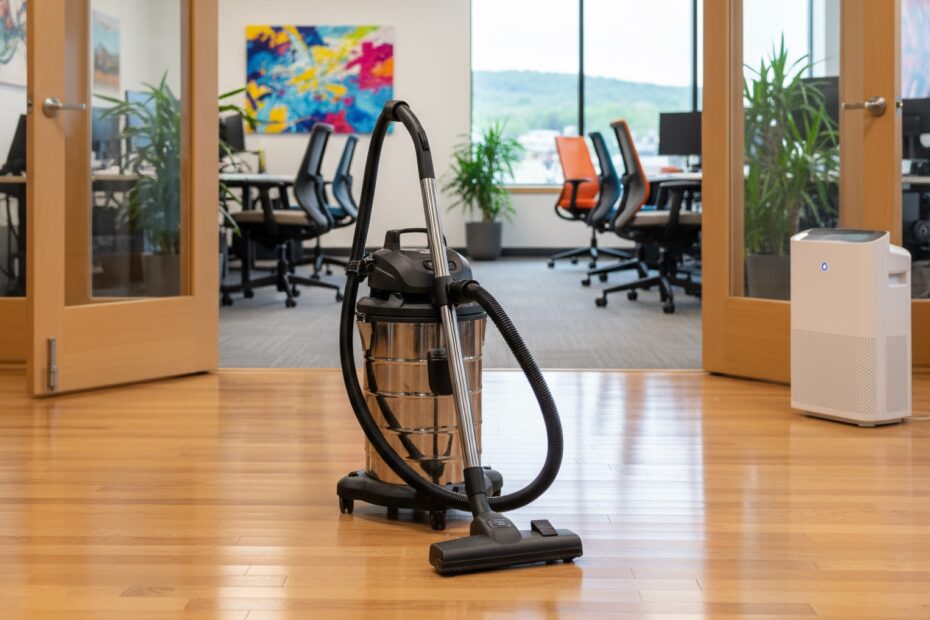HEPA filtration has become something like a modern-day talisman, a protective ward against often-invisible dangers from wildfires, viruses, stovetops, and more.
Although HEPA is indeed the gold standard for fighting airborne pollution, a HEPA filter alone can’t shield you from pollution. It’s not a magic charm—it’s a piece of pleated fabric—and it can catch only what it can touch. “People have gotten used to seeing HEPA and wanting HEPA,” says Joseph Allen, DSc, director of the Healthy Buildings program at the Harvard T.H. Chan School of Public Health.“ But a HEPA filter is only going to work if air is going through it.”
And that’s the problem with HEPA filters in many vacuum cleaners. Researchers and product reviewers (video) have found that just because a vacuum has “HEPA” somewhere on its packaging doesn’t mean it’s always better for your home’s air quality. HEPA vacuums often do work well, but some models have air gaps that allow debris to shoot sideways out of the vacuum. “It doesn’t make sense to have a high-grade filter in a vacuum that’s not sealed,” explains Allen.
Plenty of vacuums are effectively air-sealed. But even those big-ticket cleaners can’t eliminate your exposure to air pollution because the act of vacuuming itself kicks up significant debris, according to Jeffrey Siegel, PhD, a professor at the University of Toronto specializing in building engineering and indoor air quality.
To be clear: A high-performance vacuum cleaner can play a huge role in keeping your home healthy and comfortable, especially if allergies, asthma, or other conditions are a concern. But a HEPA filter doesn’t always mean high performance. And the inverse can be true: Plenty of high-performance vacuums don’t use a HEPA filter. They technically fall short of the most elite filtration standards, but many people aren’t likely to notice a difference.
Depending on your goals and expectations for your indoor air quality, an expensive upgrade isn’t always necessary.
Remember: A top-tier filter alone is not enough to clean the air, so don’t pick your vacuum just because the package says “HEPA” somewhere. Even a vacuum with truly elite air-scrubbing performance will reduce—but not eliminate—your exposure to pollution at home.
And don’t spend your entire air-quality budget on a vacuum cleaner. Leave some cushion for other upgrades such as a HEPA air purifier, high-quality HVAC filtration, and some kind of strategy to ventilate your kitchen when you cook.
This article was edited by Megan Beauchamp and Maxine Builder.
https://www.nytimes.com/wirecutter/reviews/do-you-need-a-vacuum-with-a-hepa-filter
